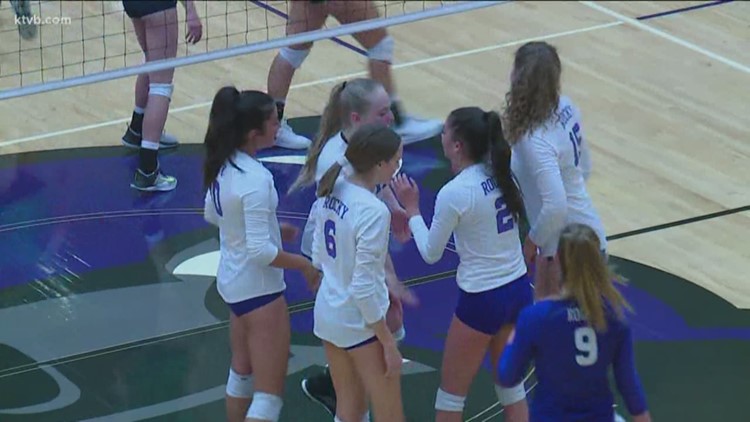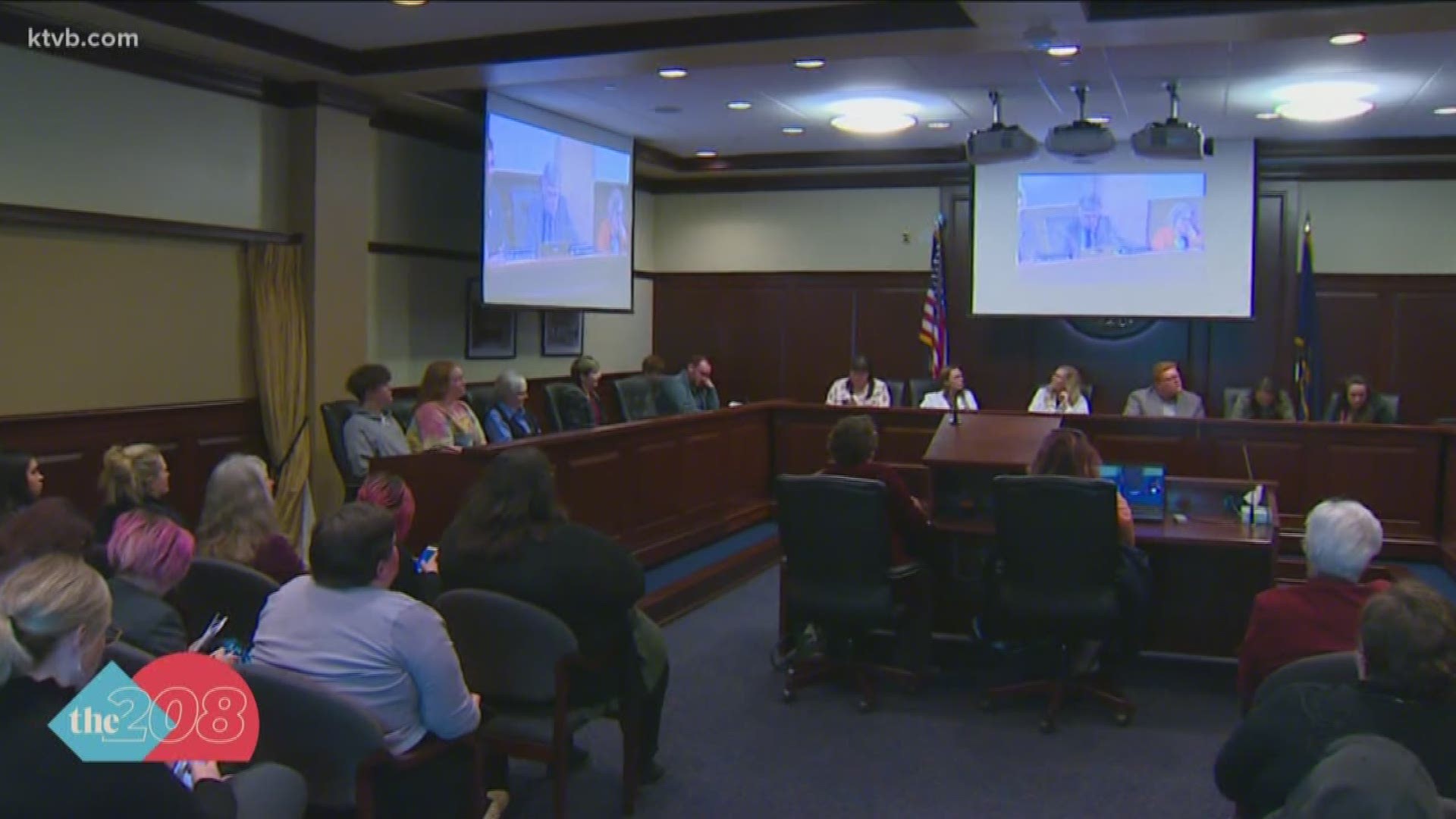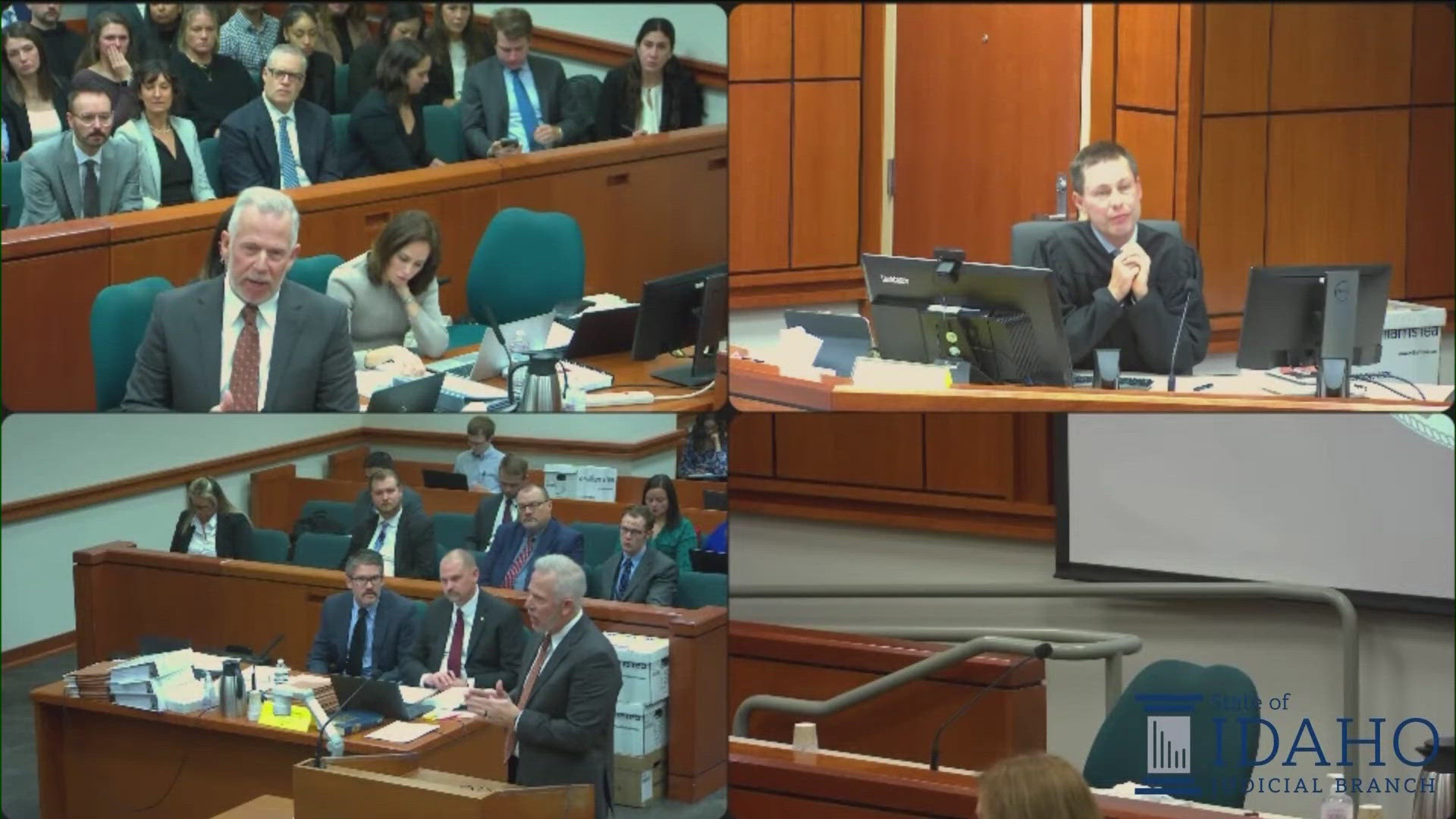BOISE, Idaho — The Idaho Office of Attorney General voiced concerns Tuesday about the constitutionality of a bill barring transgender girls or women from competing in school women’s sports, while also allowing any female school athlete’s gender to be challenged, according to the Idaho Press.
After Rep. Ilana Rubel, D-Boise, requested the office analyze HB 500 as it is currently written, the office’s assistant chief deputy, Brian Kane, responded with an email Tuesday detailing the office’s legal concerns. The bill, sponsored by Rep. Barbara Ehardt, R-Idaho Falls, passed the House State Affairs Committee last week with a “do pass” recommendation after two days of emotional testimony. Ehardt did not immediately return a call from the Idaho Press seeking comment on the office’s concerns.
Kane’s concerns about the bill were both constitutional and practical. For instance, Kane wrote it is questionable if transgender women and girls would have the opportunity to partake in school sports in any other meaningful way if the bill became law. If they didn’t have that opportunity, the law could violate the equal protection clause of the 14th Amendment. Kane also cited relevant case law, which states the law might be unconstitutional because it’s not addressing an actual problem.
“In order to defend the draft legislation from an Equal Protection challenge, the State would need to provide convincing evidence that transgender female athletes displace non-transgender female athletes ‘to a substantial extent,’” Kane wrote. “That evidence would need to overcome courts’ disapproval of ‘archaic and overbroad generalizations’ about the abilities of transgender and non-transgender females.”
When asked by the Idaho Press, neither Kathy Griesmyer, public policy analyst of the ACLU of Idaho, nor Annie Hightower, director of law and policy for the Idaho Coalition Against Sexual and Domestic Violence, said they knew of an instance of a transgender girl or woman in Idaho trying to play women’s sports.
Kane also appeared concerned about the implementation of the law in practice. The draft legislation doesn’t offer many specifics about who may dispute a student’s sex, how the process of disputing a student’s sex works, or what “biological sex” means.
“The draft legislation does not provide who may dispute a student’s sex, what it means for a student’s sex to be ‘disputed,’ or to whose satisfaction the student’s sex must be ‘established,’” Kane wrote. “Given the risk that the ‘dispute’ process could subject student athletes to invasive examination and require them to provide highly intimate information on demand, I recommend that the legislation define the term ‘biological sex’ and clarify the ‘dispute’ process.”
In addition to that, Kane foresaw constitutional issues with the fact that the bill would require some — but not all — students to “establish” their sex. Under the law, he wrote, “it is much more likely that a transgender or intersex athlete could be subject to harassment and invasive procedures to establish their sex than others.”
One solution to that problem, he posited, was to require all athletes to undergo medical exams during which a doctor would designate their sex, which would mean the law treated all athletes equally.
Kane even found possible ways the proposed law could create problems for interstate commerce, because the bill would regulate the NCAA and other sports associations’ activities, which could affect business across state lines.
But he also pointed out the U.S. Supreme Court is considering a case focused on whether Title VII of the Civil Rights Act of 1974 protects transgender people from discrimination based on their transgender status. Justices in October heard oral arguments in the case, Harris Funeral Homes v. Equal Employment Opportunity Commission, which means a decision will likely arrive in the coming months.
Idaho, was one of 14 other states, to submit an amicus brief to the court arguing Title VII does not protect transgender people from discrimination, and that to interpret the law in such a way would be to usurp Congress’ power, according to Kane’s email.
The bill was read for a second time in the House on Monday; it has since been filed for a third reading.
More from our partner Idaho Press: Lawmakers move to limit school bond, levy elections
Watch more 'Idaho Politics'
See them all in our YouTube playlist here:




